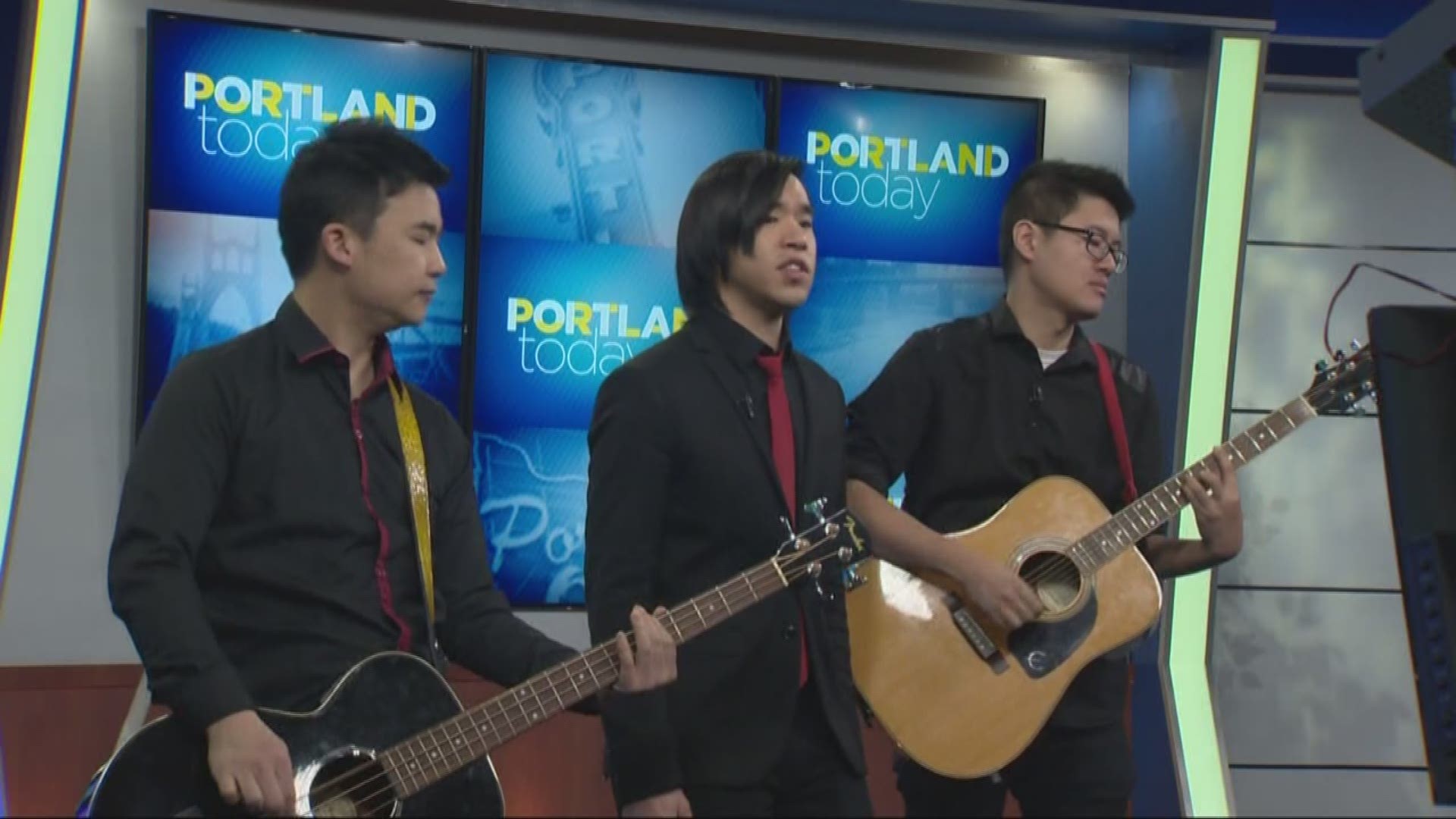(The video in this story is from June, 2017 when Portland band The Slants won a Supreme Court fight that enabled them to trademark their name.)
A streetwear brand whose name sounds like a form of the F-word can get federal trademark protection as a result of a Supreme Court ruling on Monday.
The court struck down a century-old provision of federal law that bans registration of proposed trademarks that are "scandalous" or "immoral." Applying that rule, the government denied a trademark for the name "FUCT," concluding that it was phonetically equivalent to the past tense or past participle of the well-known vulgarity.
The trademark office considered a name to be scandalous if it was "shocking to the sense of truth, decency, or propriety" or "disgraceful, offensive, disreputable." Lower federal courts said the prohibition also applied to terms that were "vulgar, lacking in taste, indelicate, and morally crude."
The Supreme Court ruled that the disputed provision of law violates free expression by singling out specific viewpoints.
The decision was a victory for Erik Brunetti who launched a line of streetwear in 1990 along with skateboarding legend Natas Kaupas. Looking for a brand name that would match the subversive, anti-establishment theme of their clothing, they coined the four-letter word FUCT to appear on their t-shirts, hoodies, jackets and shorts.
When the trademark office turned Brunetti down, he fought back. A federal appeals court agreed that the brand name was scandalous, but it ruled that the provision of law barring trademarks for such terms violated freedom of speech.
The Supreme Court agreed. As a result, the government cannot suppress expression merely because it will be off-putting to others. Two years ago the justices struck down another provision of federal law barring trademarks that disparage people or "bring them into contempt or disrepute."
That decision was a victory for the Asian-American leader of a Portland dance-rock band who wanted to call his group "The Slants." Speech that demeans is hateful, but the First Amendment protects even the thoughts that we hate, the court said in 2017. The ruling was also hailed by the NFL's Washington Redskins, whose application for a trademark had been rejected on the grounds that it was demeaning to Native Americans.
The Trump administration had urged the court to uphold the decision of the trademark office in Brunetti's case and keep the provision banning protection for scandalous terms. The government said his speech wasn't being restricted because he could call his clothing line whatever he wanted and has used the term since 1991. He just couldn't get the benefit of a federal trademark.
Brunetti had said in interviews that the brand name could be understood to be an acronym for "Friends U Can Trust." But when his lawyer suggested during the courtroom argument that the name wasn't truly a vulgarity, Justice Samuel Alito said, "Oh, come on. Be serious. We know what he's trying to say."
As a result of Monday's ruling, Brunetti can now get federal trademark protection to say it.


